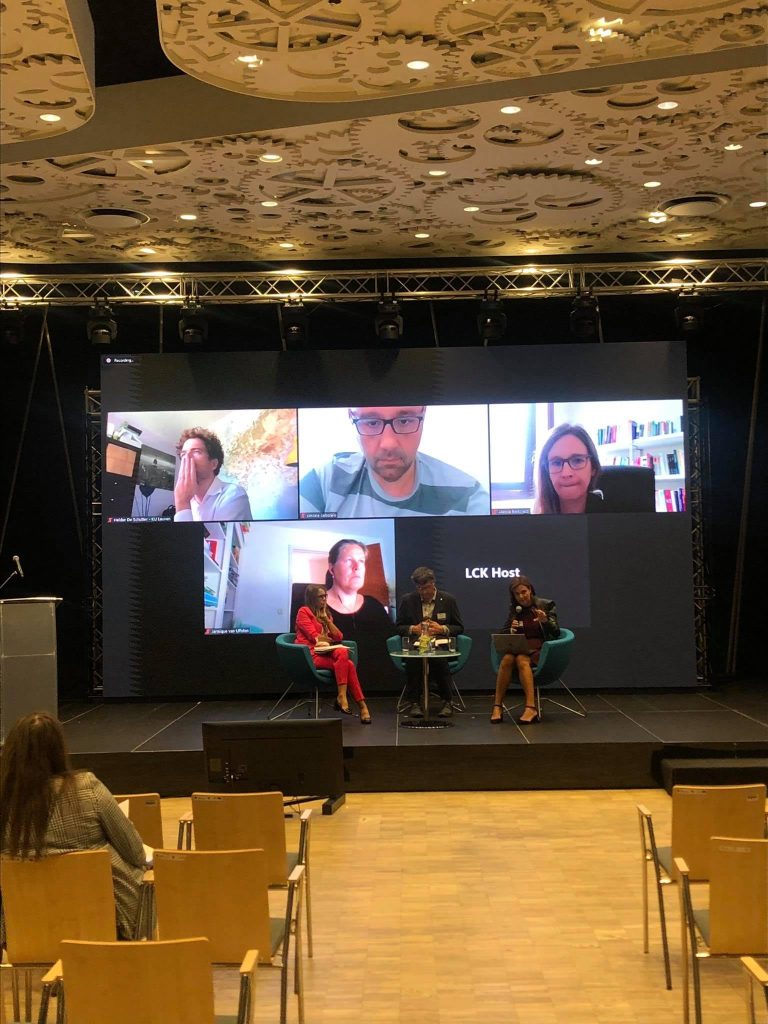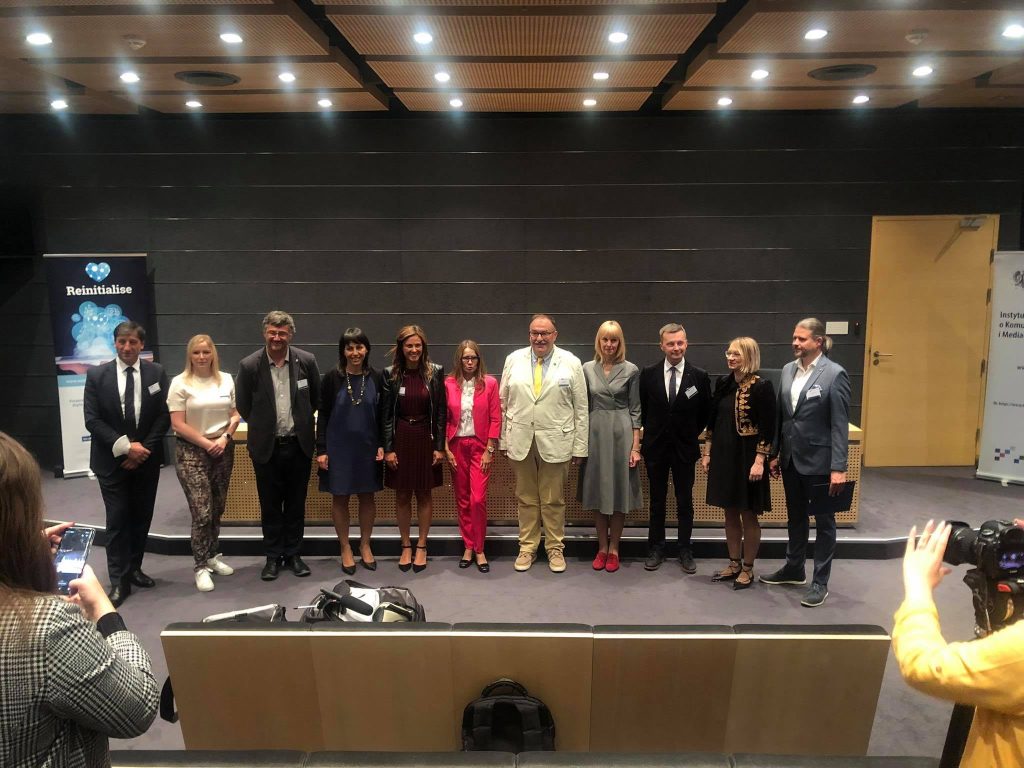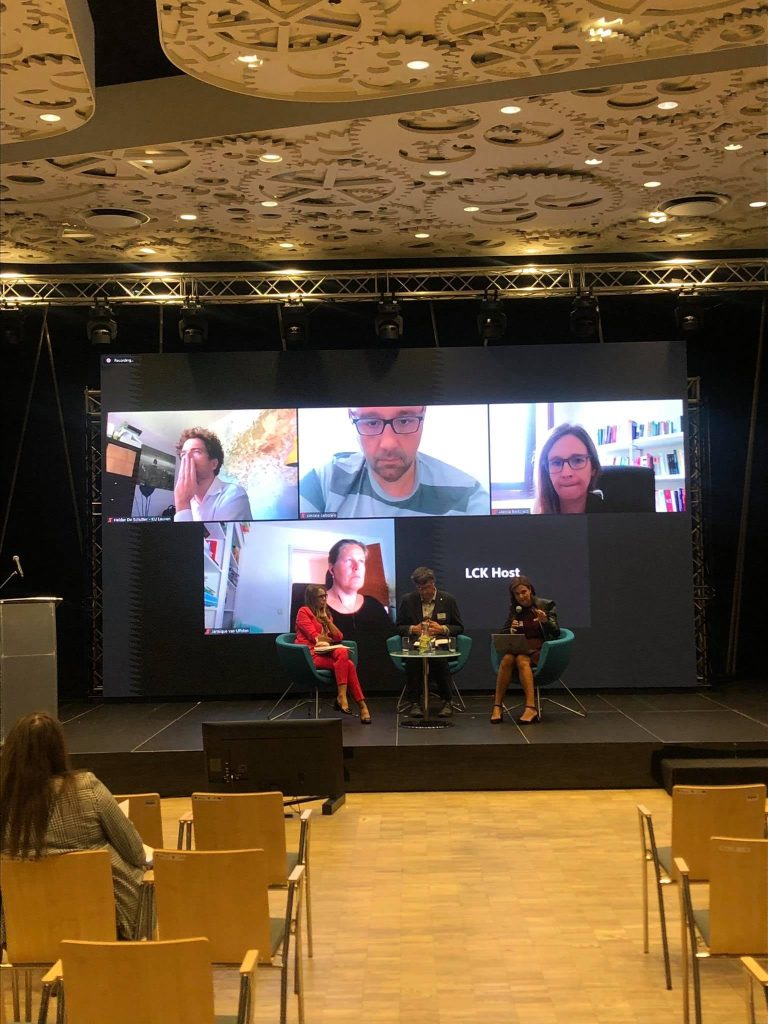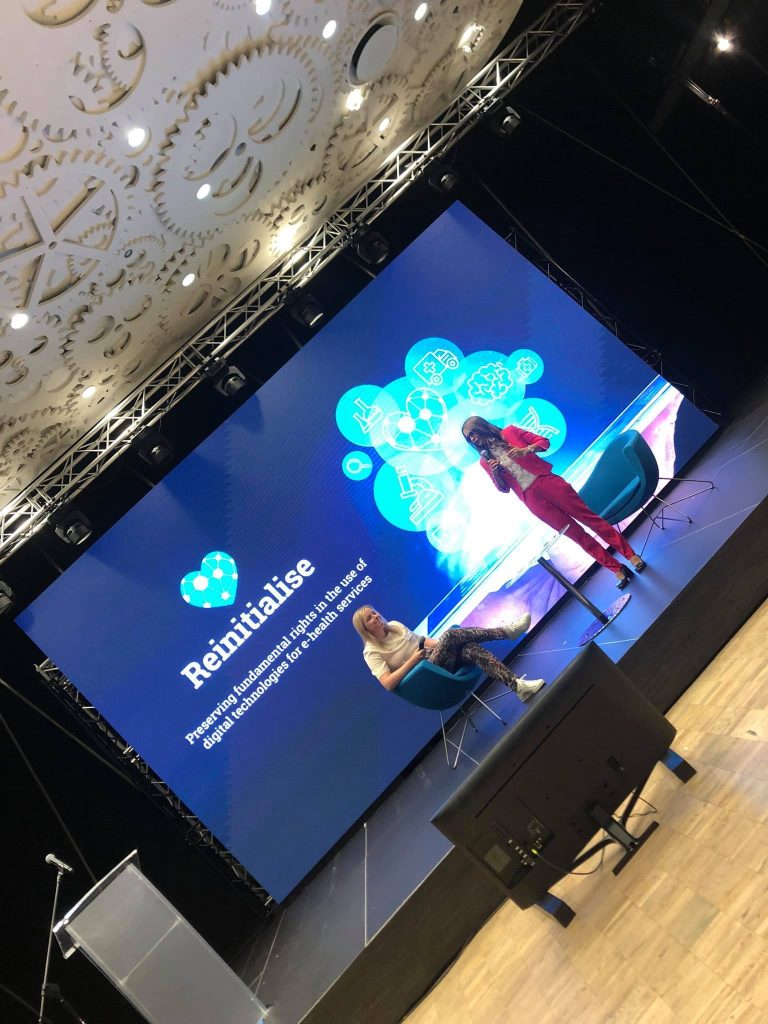On 7th September, the 4th Academic Symposium took place, which was the first opportunity for a stationary meeting of scientists. The event was preceded by 2nd Interdisciplinary Booster Session provided by prof. V. Baptista. The session was entitled “Shaping interdisciplinary practices”.
Academic symposiums are major activities planned in the project which bring together researchers from all participant organisations and aim to detail research content, perspectives and methodologies to be transferred from the leading institutions to UMCS. These events allow to define a detailed plan of transfer of knowledge activities to be implemented during the project. Moreover, they help to elaborate a common interdisciplinary approach for the integration of the different disciplines involved in the project (ICT, health, economics, law, ethics and sociology).
Previous Academic Symposiums gave partners a chance to get to know with the project’s research lines (1st symposium), exchange and transfer knowledge and experience among partners in reference to the following topics: ICT, neuroinformatics and health aspects related to the design and use of digital tools for active aging and nutrition, define detailed research content, perspectives and findings to be transferred from Partners to UMCS, including transfer modality, work programme, specific actions, stakeholder involvement, etc. as well as define a common interdisciplinary approach, by highlighting for each discipline, general knowledge and specific inputs needed from the other disciplines involved in the project (2nd and 3rd symposium).
Programme of the 4th symposium consisted of a summary of the scientific ideas developed so far with partners from Italy and Belgium. Among other things, the issues related to the use of digital technologies in the health sector were discussed. Specific activities undertaken by international research teams in order to achieve the assumed goals and to develop the expected results were discussed. During the 2nd part of the symposium, together with our foreign partners from the Innovation Board, we discussed the plan of knowledge transfer to other sectors: economy, administration, NGOs.

The afternoon was dedicated to the Scientific and Innovation Board meeting, where research lines and topics were discussed, as well as the planning of the mobility programme of senior researchers.



